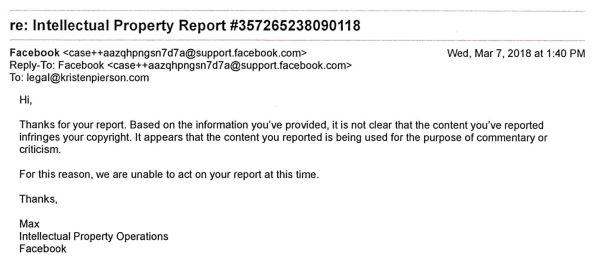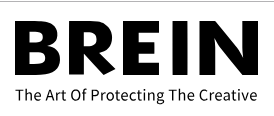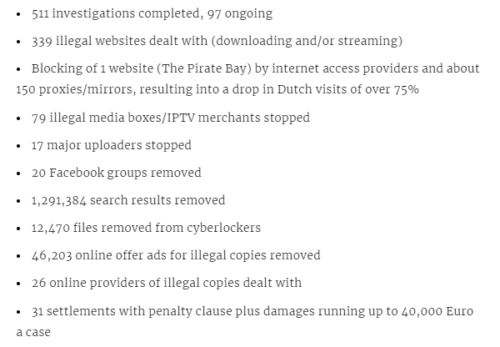TVZion ‘Pirate’ App Dev Threatens Anti-Piracy Measures to Screw Pirates
samedi 19 janvier 2019 à 21:12
Put on your protective irony suits folks, you’re definitely going to need them. Facepalming is also
With the downfall of Android-based apps like TerrariumTV, pirates everywhere are looking for the next big thing. Lots of content in a Netflix-style interface is the order of the day, and there is no shortage of contenders.
One player gaining traction with pirates is TVZion. The Android-based software looks good, performs well, and is a perfect fit for those looking to access all the latest movies and TV shows.

The standard version of TVZion is free and supported by ads. There is a ‘pro’ version too which is advertised as “100% Ad free, premium features, priority requests and more.” Being in the ‘club’, however, comes at a price.
While some pirates are indeed happy to purchase the type of service detailed below (and indeed subscribe to the likes of Netflix and Spotify), the operator of TVZion appears exasperated by a growing number of users who want pro features at zero cost.

Such a thing is indeed an option, via modded TVZion APK files that are widely available and being promoted heavily by YouTubers. Trouble is, this apparent freeloading is grinding the dev’s gears while simultaneously undermining his product.
“So yesterday I had to take down the server momentarily to deploy yet another optimization. Upon checking logs now it’s safe to say about 35
“Needless to say a server based app will not sustain this way because
Presuming these freeloaders can be identified, the simplest method to end their fun would be to ban them from the service but according to the developer, he’s “looking for something more than that”, something that will act as a deterrent to prevent people using modded APKs altogether.
If this sounds like the start of an anti-piracy brainstorming session, hold onto your hats folks – this one is something special. Here are the options for punishing ‘illegal’ pro version users, as suggested by the developer:
- Log mod users for Ip addresses, timestamps and contents accessed and keep this information to be used as I see fit if it ever comes to that
- Crypto mining – Mine crypto currency in the background. From my experience this’ll only overwork the device for very little money
- Use device as proxy – This will essentially turn their device into a proxy server which will be rented to others (NOT A FAN OF THIS)
“Everything else that comes in my mind is rather more malicious so no point exploring that. The most graceful way to deal with this [in my opinion] is to simply let the user know that this is a mod app and now they are being logged. Let me know what do you think?” he added.
Even the most hardcore pirates in the world can’t fail to appreciate the irony here.
And what we have here is a developer of a pirate application, complaining that his business model is being undermined by pirates, so the solutions should perhaps include logging their IP addresses with the aim of punishing them at a later point.
There can be no doubt that this developer has invested plenty of time and energy into what seems to be a very competent application that achieves its stated goals. That classic anti-piracy tactics are being discussed as a solution to protect revenues is ironic at best and mind-boggling at worst.
If we want to argue that the guy is justified in protecting his investment, we can do that. If we want to state he has every right to log the IP addresses of freeloaders taking his service for free, we can do that as well.
What we can’t do in parallel is criticize entertainment and anti-piracy companies for making the same case for logging infringers and taking subsequent action against them. Either taking other people’s content and monetizing it is fair game for all, or the entire house of cards comes tumbling down.
Although it’s impossible to say what is going on behind the scenes of the
Source: TF, for the latest info on copyright, file-sharing, torrent sites and more. We also have VPN reviews, discounts, offers and coupons.
 Every day millions of people post photos online, without approval from the rightsholder. This is particularly prevalent on social media platforms such as Facebook.
Every day millions of people post photos online, without approval from the rightsholder. This is particularly prevalent on social media platforms such as Facebook.


 When it comes to civil anti-piracy enforcement, BREIN is without a doubt one of the best-known players in the industry.
When it comes to civil anti-piracy enforcement, BREIN is without a doubt one of the best-known players in the industry.

